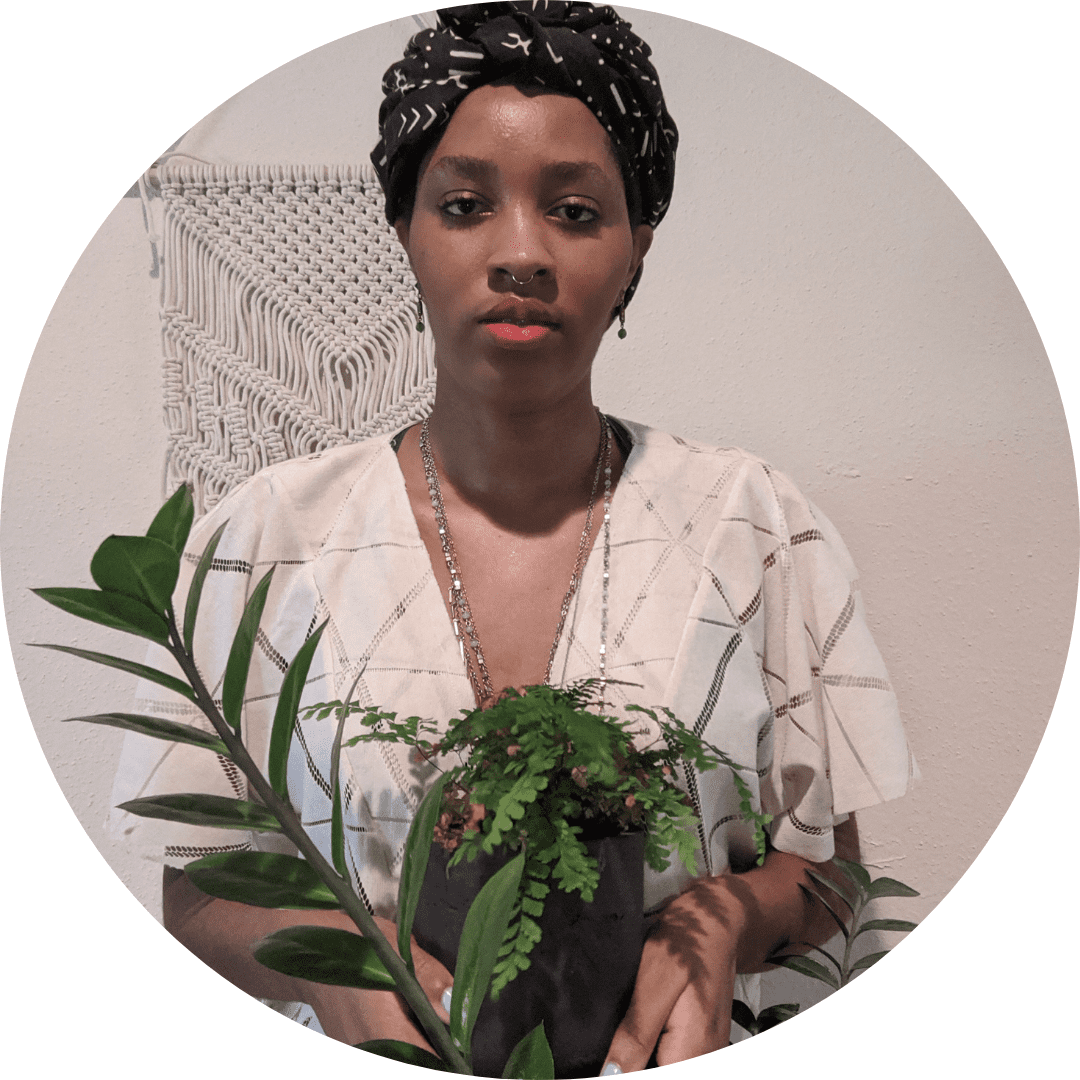Say the acronym “PTSD,” and an image will probably emerge in your head. Most likely of a veteran. Most likely of someone who’s White.
And though trauma studies began with White soldiers in WWI’s aftermath, trauma is not racially exclusive.
Or is it?
PTSD: A Historical Overview
Though historical accounts of nightmares following ancient battles and the Hundred Years’ War contained humanity’s first records of PTSD, trauma studies didn’t officially begin until the early 20th century, upon the introduction of the term “shell shock” into medical literature.
Born after researchers observed emotional disturbances in WWI veterans, shell shock acted as a predecessor diagnosis for PTSD until the 1970s, when mental health professionals and social workers began documenting widespread psychological problems in Vietnam War veterans and Holocaust survivors. And though shell shock mimicked PTSD’s symptoms, PTSD itself wasn’t added to the Diagnostic and Statistical Manual of Mental Disorders (DSM) until 1980.
Black History and the Legacy of Collective Trauma
While it takes a clinical license to assign a PTSD diagnosis, it doesn’t take a psychology degree to notice a pattern in PTSD’s history – that up until the 21st century, trauma studies were very, very white.
So white, that the results can lead the uninformed to an incorrect conclusion – that non-White people, such as the US’s second-largest minority, African Americans, cannot get PTSD.
However, an examination into Black history reveals all the trappings of collective trauma and a PTSD diagnosis to match.
To understand why, all you have to do is examine the mechanics and legacy of chattel slavery.
Imagine 400 years of torn apart families, of children ripped from their mothers, of fathers sold at auctions. Imagine 400 years of dismantled identities, where native African languages, religions, and traceable lineages were ground into dust. Imagine 400 years of systemic dehumanization, of abuse and violence and rape at the hands of White perpetrators and the governments that enabled them, centuries of collective trauma, used to justify colonialism and white supremacy.
Add another 150 years on top of slavery’s 400… Emancipation, or the illusion of it anyway… Over 150 years of conscious and unconscious sovereign efforts to diminish Black autonomy… Of voter suppression, Jim Crow, redlining, and mass incarceration.
Add 400 years of slavery and over 150 years of its legacy together, and you get a recipe ripe for Black PTSD, a recipe so potent that researchers have coined a name for the distinct experiences that come part and parcel with being Black in America – racial trauma.
As an umbrella term applying to exposure to discrimination, racial trauma comes in three forms:
- Direct, such as through police harassment, verbal attacks, and racially motivated violence.
- Indirect, such as through the effects of witnessing discrimination and racism.
- Transmitted, such as inherited intergenerational traumatic stress.
These forms, identified by Mental Health America, lay the groundwork for psychological distress, such as clinical depression, anxiety, and emotional dysregulation. I, for example, navigated all three forms of racial trauma throughout my adolescence in a majority White high school. Access to advanced classes was a constant struggle, as was stereotype threat, where administrators, classmates, and athletic coaches automatically assumed my race made me less capable than my non-Black peers.
According to a 2019 study from Pew Research, my personal experiences are only a small part of America’s broad, pervasive, and systemic pattern of racial trauma: 69% percent of high school-educated Black Americans have been subject to at least one instance of racial discrimination, a number that jumps to an alarming 81% for Black Americans with college degrees.
Barriers to Mental Health Care in the Black Community
Race and racial trauma alone, however, do not increase susceptibility to PTSD.
A combination of race and risk factors associated with it, on the other hand, does.
And the most important of said risk factors, risk factors that include societal isolation and increased exposure to complex trauma, is less access to mental health care, access that influences whether or not one develops PTSD after trauma.
The reasons why mental health care is inaccessible for African Americans are threefold.
The first, being cost.
It’s no secret that health care in the US is expensive, especially for mental health services. Many therapists opt-out of insurance networks. For therapists who opt-in, tales of months-long new-patient waitlists abound, if an in-network therapist accepts new patients at all. The health insurance network conundrum is exacerbated by dismal health insurance rates in the Black community, where up to 12% of African Americans are uninsured.
The second reason is a dearth of diversity in mental health care of both therapists and patients. According to the American Psychological Association, less than 2% of its members and associates are Black, meaning finding a Black therapist is a tall, often impossible, order for Black patients. As in the history of PTSD, mental health care’s foundations are also very, very white. Also, the failure of the DSM (Diagnostic and Statistical Manual of Mental Disorders) to account for cross-cultural values enables a narrow view of how to recognize and treat mental illness in Black populations.
Stigma, related to how the Black community views mental illness and a history of mistreatment and unethical experimentation by White doctors, is the third and most difficult barrier to Black mental health care. “Just go to church” and “depression is for White people” are common verbalized retorts, retorts that I’ve experienced firsthand, retorts that trace back to slavery when beliefs that slaves were immune to mental illness were commonplace.
The Long Road to Dismantling Black Mental Health Care Barriers
Barriers, however, do nothing to change the truth – that Black people can and do develop PTSD.
In fact, Black people are more likely to develop PTSD after a traumatic event, thanks to the combined effect of collective and racial traumas. And until America’s systemically racist power structures are demolished, Black people will remain at increased risk for PTSD, increased risk mental health professionals can accommodate for by considering the following:
- Reform the DSM. Set mental health professionals up for increased and diversified success by including culturally sensitive diagnostic and treatment criteria.
- Push for more Black therapists by introducing and funding Black scholarship programs in the psychological sciences.
- Advocate for universal health insurance coverage so all Black Americans have access to quality mental health care.
- Continue working to dismantle mental health stigmas in the Black community by building Black trust in the health care system and providing education about what is and isn’t therapy.
Therapy means putting in the work, as does dismantling longstanding barriers to Black mental health care. And with a bit – or a ton – of hard work, the past 550 years don’t have to mean 550 more years of untreated racial trauma.

Laurel House, Inc. and www.rtor.org are committed to the advancement of racial equity and social justice, and to making mental health services accessible to all. Help us in this commitment by taking out User Poll on Racial Trauma and Barriers to Mental Health Care in the Black Community.
Take Poll
Resources to Recover and Our Sponsor Laurel House Celebrate Black History Month
February is Black History Month, a time for celebrating the outstanding achievements of Blacks and African Americans and their central role in US history. It is also a time to recognize the struggles Black people have faced throughout the history of this nation and give tribute to the strength and resilience of generations of Black Americans who have risen above adversity.
Black History Month originated from an idea by Harvard-educated historian Carter G. Woodson, who wrote the Journal of Negro History in 1916 to herald the achievements of overlooked African Americans in US history and culture. In 1926 he led an effort by the Association for the Study of Afro-American Life and History (ASALH) to officially declare the second week of February as “Negro History Week.” These dates align with the birthdays of two crucial figures in Black American history: Abraham Lincoln (February 12, 1809), who signed the Emancipation Proclamation officially ending slavery in the United States, and the Black American abolitionist and author Frederick Douglass (February 14, 1818), an escaped slave who is widely considered the most influential civil and human rights advocate of the 19th century. In 1976, President Gerald Ford gave official governmental recognition to the observance by declaring February “Black History Month.”
Without the contributions of Blacks and African Americans to more than 500 years of US history, culture, entertainment and the arts, science, athletics, industry and the economy, public service, and the Armed Forces, we would not be the country we are today.
The opinions and views expressed in any guest blog post do not necessarily reflect those of www.rtor.org or its sponsor, Laurel House, Inc. The author and www.rtor.org have no affiliations with any products or services mentioned in the article or linked to therein. Guest Authors may have affiliations to products mentioned or linked to in their author bios only.
Recommended for You
- Why Eating Disorders in Men Are Often Missed - July 3, 2025
- No More Silence: The Opioid Epidemic’s Alarming Impact on Women - June 30, 2025
- The Hidden Impact of Repressed Memories on Mental Health and How to Heal - June 26, 2025






PTSD is one thing that is never talked about in black communities. I’m in Southern Africa and while there is now more conversation around the subject, the idea of ‘pray about it’ is still problematic as it does not pragmatically address the issue. Going for counseling or therapy is viewed as something for naughty kids who need to be disciplined or ‘it’s for white people. ‘ Mental health problems are real in black communities, simmering. While we respect cultural beliefs there is a need to educate people and address mental health issues on a more professional and practical level.
Karen,
Thank you for commenting on Alicia’s guest post.
For a couple of years in the 90s I lived in Zimbabwe, where I saw the same thing. The organization I worked for funded mental health programs in black communities. Many people saw that as a thing for white people, but others who tried it really benefitted.
I agree that more education in communities is needed. I checked out your blog nyashaphoenix.wordpress.com and think you are doing a great job of getting the word out, so kudos to you!
I recommend Karen’s blog to anyone interested in this issue.
Jay
Hi Karen – Thank you for commenting! The misconception that therapy is “only for white people” kept me out of a therapist’s office for longer than it should have, which is a shame, because time is of the essence when it comes to treating mental illness.
I had no idea that the barriers to mental health treatment are pervasive across the entire African diaspora, and I agree that education is desperately needed, especially the culturally-sensitive kind. While the mental health landscape is changing, sometimes it feels like it’s not changing fast enough…
Great blog, btw. Your post on invisible baggage was particularly resonant. What’s the worst that could happen when you confront your demons, indeed. Keep up the good work!
In recent days, black people have been repeatedly reminded of the risks involved when they interact with police, been repeatedly exposed to videos of black men and women being murdered and seen a military response to communities protesting these abuses. These experiences are piled onto the daily experiences of direct, indirect and systemic racism. The cumulative effect of these experiences can have a seriously damaging impact on the mental and physical health of black people. Black Therapists online in California have come to describe this impact as racial trauma.